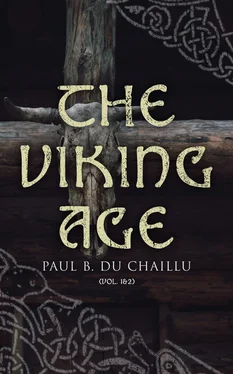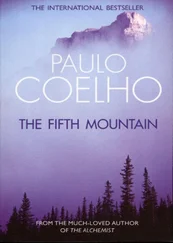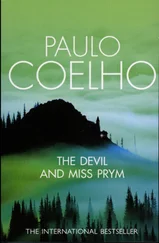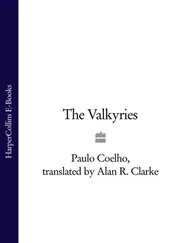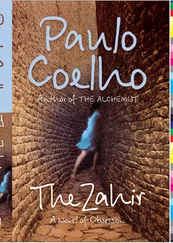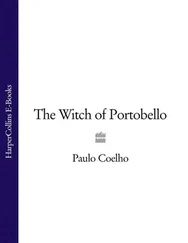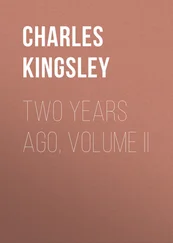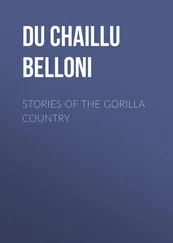We find that the Jötnar and Asar were separated from each other by a large river whose waters never freeze.
Vafthrudnir.
Tell me, Gagnrad, &c.,
How the river is called
Which divides the land
Between the sons of Jötnar and the gods.
Odin.
Ifing is the river called
That parts the land
Between the sons of Jötnar and the gods;
Open shall it flow
All the days of the world;
No ice will come on it.
From Vafthrudnismal we learn of the origin of Bergelmir who was born before the Creation.
It is an important question which are the most ancient people—the Asar, or the ancient kinsmen of Ymir?
Odin.
Tell me …
Who of the Asar,
Or of the sons of Ymir,
Was the oldest in early days?
Vafthrudnir.
Numberless winters
Before the earth was shaped
Was Bergelmir born.
Thrudgelmir
Was his father
And Orgelmir his grandfather.
Odin.
Tell me …
Whence first Orgelmir came
Among the sons of Jötnar,
Thou wise Jötun.
Vafthrudnir.
From Elivagar 34
Spurted drops of poison
Which grew into a Jötun;
Thence are our kin
All sprung;
Hence they are always too hideous.
Odin.
Tell me …
How that strong Jötun
Begat children
As he had not beheld a gyg ? 35
Vafthrudnir.
In the armpit
Of the Hrim-thursar, it is said,
Grew a maiden and a son;
Foot begat with foot
Of that wise Jötun
A six-headed son.
Odin.
Tell me …
What thou earliest rememberest,
Or knowest farthest back;
Thou art an all-wise Jötun.
Vafthrudnir.
Numberless winters
Ere the earth was shaped
Was Bergelmir born;
The first I remember
Is when that wise Jötun
Was laid in the flour-bin. 36
In due course Ymir was slain by Odin, Vili, and Ve, the three sons of Bör, who was himself a Jötun, and therefore of the same kin as Ymir. Having slain Ymir, the sons of Bör proceeded to make the earth out of his body, and to give the sun, moon, and stars their places in heaven. The flow of his blood was so great as to cause a deluge. Bergelmir was the only one of the Hrim-Thursar who escaped in a boat with his wife, and from him came a new race of Hrim-Thursar.
“The sons of Bör slew the Jötun Ymir, but when he fell there flowed so much blood from his wounds that it drowned the whole race of the Hrim-Thursar, except one who escaped with his household. Him the Jötnar called Bergelmir; he and his wife went on board his ark, and thus saved themselves; from them are descended a new race of Hrim-Thursar” (Later Edda).
After the destruction of the earlier Hrim-Thursar we hear how the sons of Bör created the world, and we are told how the earth and the heavens were made from Ymir.
From Ymir’s flesh
The earth was shaped,
And from his blood the sea;
The mountains from his bones;
From his hair the trees,
And the heaven from his skull.
But from his brows
The mild gods made
Midgard for the sons of men;
And from his brain
Were all the gloomy
Clouds created.
(Grimnismal.)
We are also told of the creation of the planets and stars, of our world, of the sea, of the moon, and of day and night. The year was reckoned by winters (vetr), and the days by nights (nott).
The year was divided into months (mánud or mánad).
“ Haustmánud (harvest-month) is the last before winter; Gormánud (gore-month, called thus from the slaughter of cattle then taking place) the first month of winter; Frermánud (frost-month); Hrútmánud (the ram’s month); Thorri (the month of waning or declining winter); Gói , Einmánud … then Gaukmánud or Sádtid (cuckoo-month or sowing-tide); Eggtíd or Stekktíd (egg-tide or weaning-tide); Sólmánud or Selmánud (sun-month or sæter-month in which the cattle are removed to the sel or sæter); Heyjannir (haymaking-month); Kornskurdarmánud (grain-reaping month)” (Skaldskaparmal, c. 63).
The month was subdivided into six weeks; each week contained five days. The days were called—Týsdag = Tuesday; Ódinsdag = Wednesday; Thórsdag = Thursday; Frjádag = Friday; Laugardag (bath-day) or Thváttdag (washing-day) = Saturday.
Odin.
Tell me …
Whence the moon came
That walks above men,
And the sun also?
Vafthrudnir.
Mundilfori 37is called
The father of the moon,
And of the sun also;
Wheel round the heaven
They shall every day,
And tell men of the years.
Odin.
Tell me …
Whence the day came
That passes over mankind,
Or the night with her new moon?
Vafthrudnir.
Delling (the bright) is called
The father of Dag (the day)
But Nott (night) was Norvi’s 38daughter;
The full moons and the new ones
The good gods made
To tell men the years.
(Vafthrudnismal.)
The following is the origin of Midgard:—
Ere the sons of Bör
Raised the lands,
They who shaped
The famous Midgard ;
The sun shone from the south
On the stones of the hall;
Then the ground grew
With green grass.
The sun from the south, 39
The companion of the moon,
With her right hand took hold
Of the rim of heaven; 40
The sun knew not
Where she 41owned halls,
The moon knew not
What power he 42had;
The stars knew not
Where they owned places.
Then all the powers went
To their judgment seats, 43
The most holy gods
Counselled about this;
To night and the quarters of the moon
Gave they names;
They gave names to
Morning and midday,
To afternoon and eve,
That the years might be reckoned.
(Völuspa.)
Then we have the origin of the wind and of winter. Hræsvelg means the swallower of corpses.
Odin.
Tell me …
Whence the wind comes
Who goes over the waves;
Men do not see him.
Vafthrudnir.
Hræsvelg is called
He who sits at heaven’s end,
A Jötun in an eagle’s shape;
From his wings
It is said the wind comes
Over all mankind.
Odin.
Tell me …
Whence the winter came,
Or the warm summer,
First with the wise gods.
Vafthrudnir.
Vindsval 44is called
The father of winter,
And Svasud 45the father of summer.
Another amplification of the Creation is given in Gylfaginning.
Thridi said:
“They took Ymir’s skull, and made thereof the sky, and raised it over the earth with four sides. Under each corner they set four Dvergar, which were called Austri, East; Vestri, West; Nordri, North; Sudri, South. Then they took glowing sparks that were loose and had been cast out from Muspelheim, and placed them in the midst of the boundless heaven, both above and below, to light up heaven and earth; they gave resting-places to all fires, and set some in heaven; some were made free to go under heaven, but they gave them a place and shaped their course. In old songs it is said that from that time days and years were reckoned.”
The creation of the world, and of the heavens and planets, is followed by that of the Dvergar and of man and woman, who were helpless and fateless (their destinies not having been spun by the Nornir); from these two mankind are descended.
Then all the gods went
To their judgment-seats,
The most holy gods,
And counselled about
Who should create
Читать дальше
